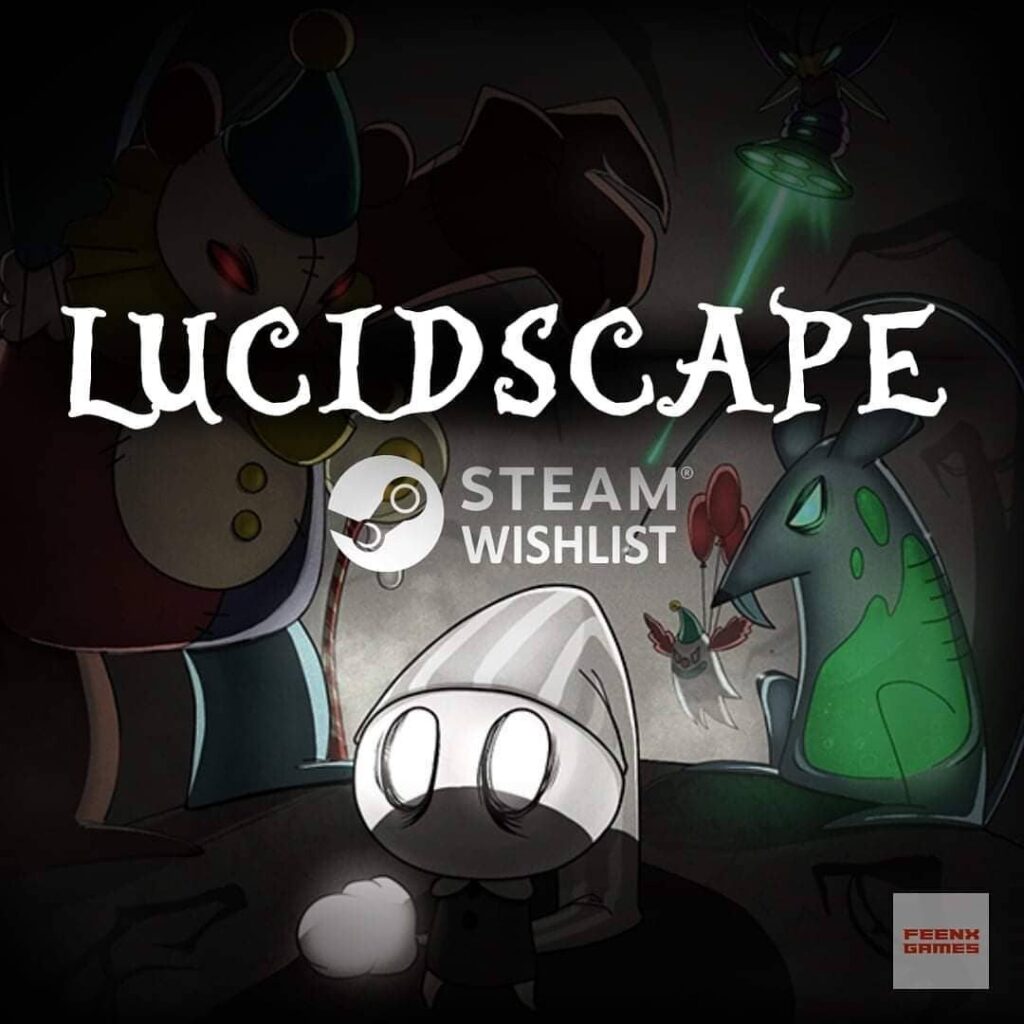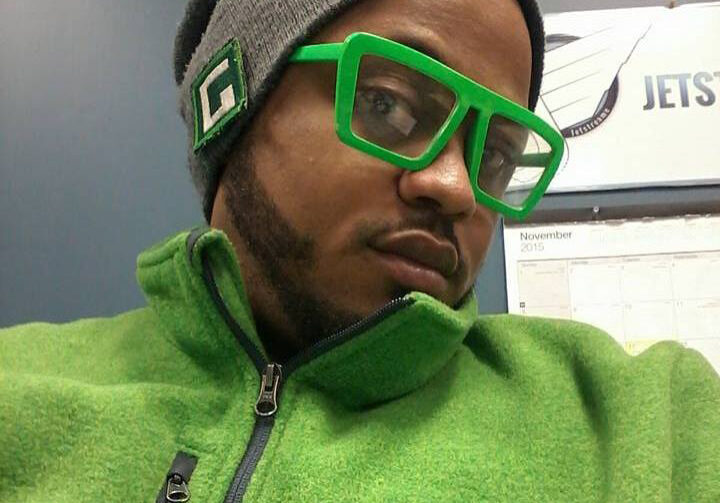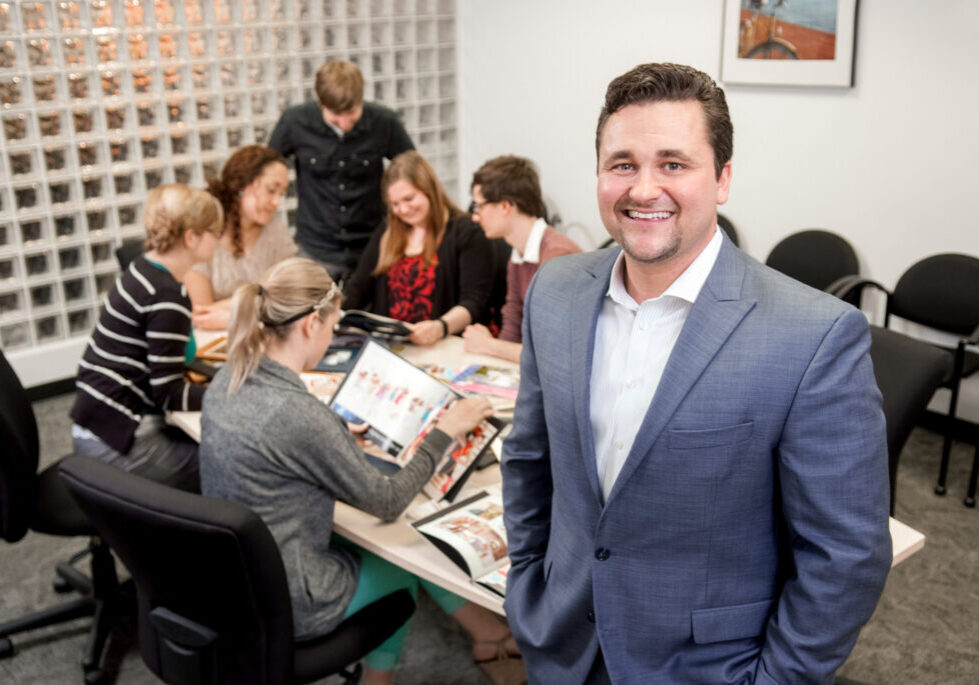Pepi Dubois has always loved playing video games, so creating one of his own was a dream come true — literally. Set in the faceless main character’s dreams, his first game, Lucidscape, is a 2D puzzle platformer exploring a child’s fears of dentists and doctors.
“I knew I wanted to play video games and tell stories through them,” Dubois, founder of Feenx Games recalls. “As I got older and adopted a business mindset, I figured this is definitely something feasible — something that I can do.” And with self-discipline and a team of dedicated volunteers behind him, he did — despite the pandemic-driven economic shutdown.
Here’s how Dubois assembled and managed his all-virtual, all-volunteer team to produce Feenx Games’ first offering during COVID-19.
Assembling the Dream Team
Lucidscape began its life with a presentation to a local IDGA chapter, attended by industry professionals and passionate amateurs in Baton Rouge’s video game design space. “We spoke about a desire to enter the video game industry as a small business and to establish credibility through proven processes and experiences,” Dubois says.
When the shutdown happened, Dubois turned to virtual recruiting and collaboration tools. He used Indeed to recruit volunteers. Finding an all-volunteer team wasn’t always easy, but Dubois assembled the right people with the skills — and passion — they needed to bring their project to life. The volunteers who joined Feenx Games created Lucidscape to gain industry experience to jumpstart their careers.
Building on Individual Strengths
Dubois, a veteran, brought his military discipline into the game design and production processes. They made a clear plan and used project management techniques to execute it. “If you plan ahead, you plan for success,” Dubois says. He established clear team roles from the beginning by identifying each team member’s strengths and selecting producers and team leads based on their leadership ability.
Having transparent processes allowed the team to identify an early bottleneck caused by a skills gap: the volunteer animators came from a film background, Dubois says, so they needed to translate their skills to video game animation. He devoted the first month of pre-production to finding the right resources to help develop their skills.
Leveraging Local Support
As a Tech Park member, Dubois has benefited from access to valuable resources and partnerships. Since he’s part of the tech startup ecosystem, he was privy to a discounted rate on trademarking offered through a local law office. Dubois has also been able to network and nurture relationships with other game designers at the Tech Park, as well as in-house mentors. “Each and every advisor/mentor that has interacted with our company has proven to be a very constructive and positive partner for us,” he says.
Dubois was also given the opportunity to attend PAX South, where he networked with game developers from across the southern U.S. Participating in the Baton Rouge IDGA chapter has also exposed Dubois to other independent game designers in the capital region. He’s looking forward to giving back to the community as a mentor to up-and-coming developers.
The Lucidscape demo will be available on Nov. 9.




